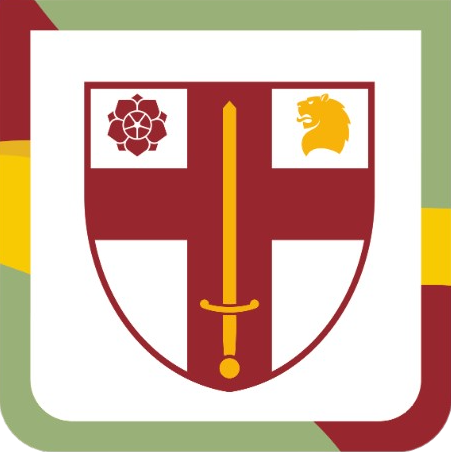Post 18 Pathways
🎓 University / Higher Education
-
Study for a degree at university in a subject area of interest.
-
Opportunities to specialise, gain academic qualifications, and access careers that require a degree (e.g. medicine, teaching, law).
-
Can be full-time, part-time, or even through distance learning.
-
University League Tables 2026: Click here
💼 Apprenticeships
-
Earn a salary while training and studying towards a qualification.
-
Levels range from Higher Apprenticeships (Level 4/5) to Degree Apprenticeships (Level 6/7).
-
Combines workplace experience with formal learning.
🎓 Higher Technical Qualifications (HTQs)
-
Qualifications such as Higher National Certificates (HNCs) or Higher National Diplomas (HNDs), often taken at colleges or universities.
-
Focused on practical Further Education
-
Some students may choose an additional Level 3 qualification if changing pathway or improving grades.
-
Specialist colleges (e.g. art, music, technology) can provide targeted progression routes.
🌍 Gap Year
-
Time out before continuing education or work.
-
Can involve travel, volunteering, work experience, or personal development opportunities.
-
Often used to gain skills and clarity before committing to a long-term path.
👩💼 Employment
-
Move directly into the workplace, often supported by on-the-job training.
-
Can be full-time or combined with part-time study or professional qualifications.
⚖️ Other Routes
-
School leaver programmes with large employers.
-
Traineeships (short-term skills and work experience programmes).
-
Volunteering (to build experience and transferable skills)

